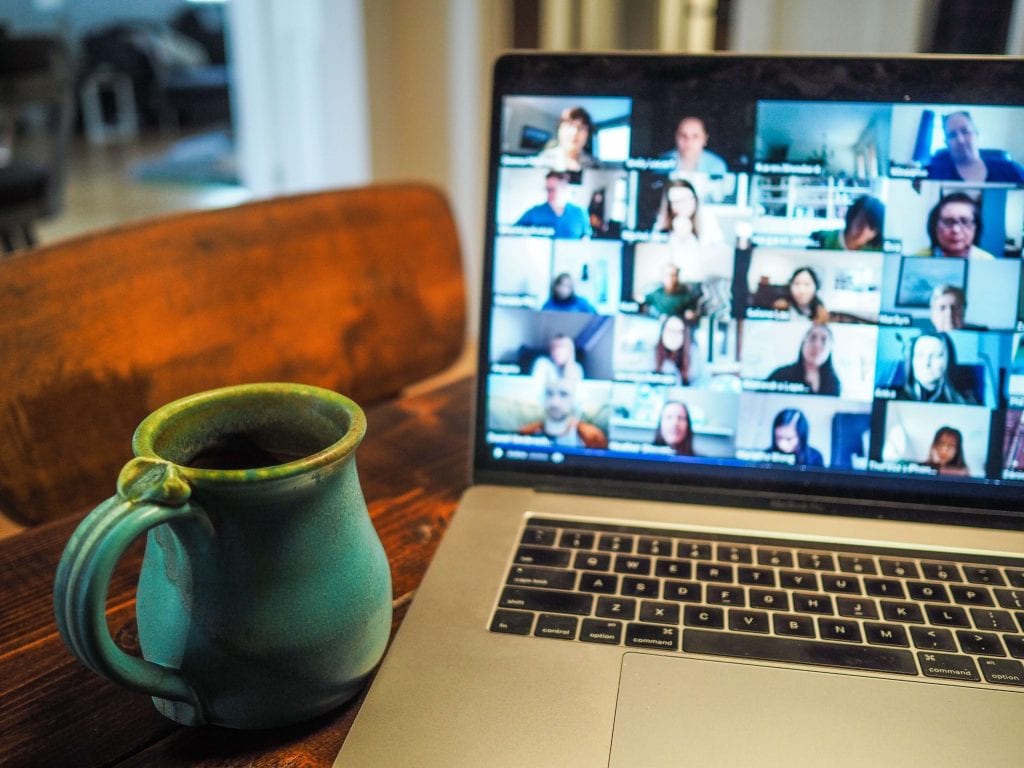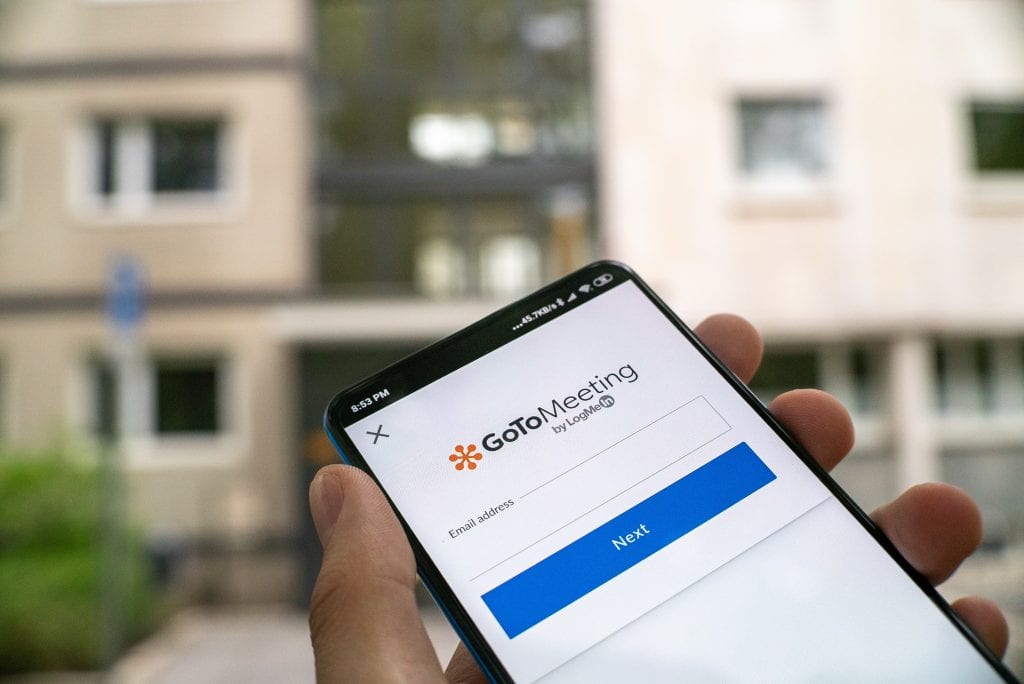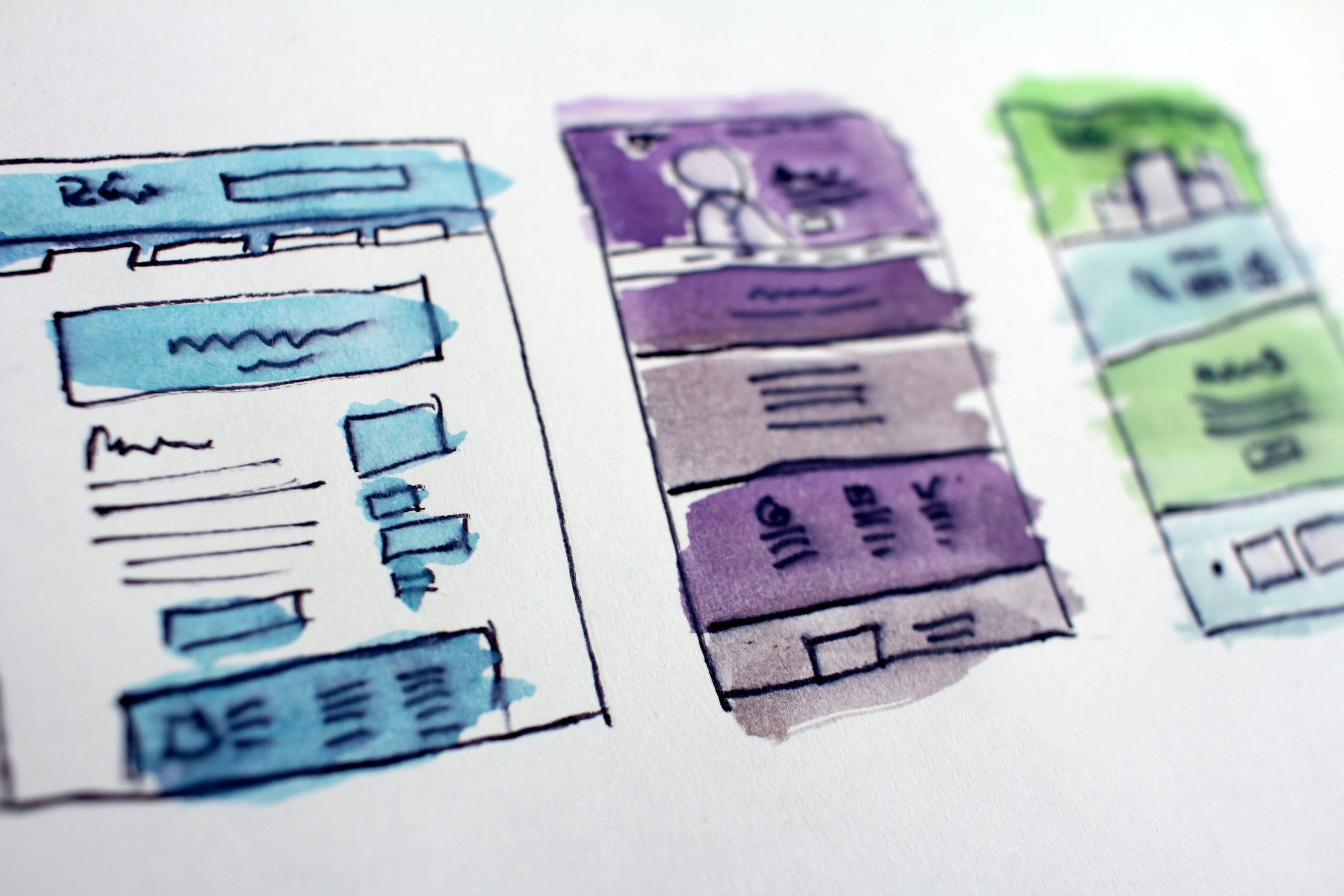Over the past couple of months, people’s lives have changed dramatically. Since we are in the middle of a pandemic, whole countries are in lockdown and millions of people have to work remotely for the first time in their lives. People have learned how to structure their day working from home and how to keep in touch with their colleagues. Luckily there are a lot of great tools out there that have made the change from office work to remote work pretty easy. Now, more so than ever we are missing out on important things like hallway conversations or a quick chat over a coffee in the staff kitchen. So how do we replace that whilst working remotely without packing our days with virtual meetings back to back?
We have to learn how to communicate effectively with the tools we have on hand. Since everyone is working remotely, it seems like everyone is a little bit more accessible as well. And from my experience, this is true not only for certain positions (stakeholders), but employes in all positions are literally flooded with Zoom invitations.

So how do we ensure that we make the most of each meeting whilst working remotely?
Effective communication. First, let’s establish what effective communication in a remote environment means. Effective communication is more than having a conversation and exchanging information during a Zoom call. It is about understanding the intention behind the conversation, being able to clearly convey a message, and being prepared for the meeting (Zoom call).
In order to have a successful and effective virtual meeting, it is key to ask and answer three questions before the meeting:
- What is the main purpose of this meeting?
- Is an agenda in place?
- Who NEEDS to be involved in this meeting?
Once the purpose of the meeting is defined and the agenda is in place, the meeting needs to be scheduled well ahead of time only with the people that NEED to attend. Not every meeting requires every team member to be involved. In general, the fewer people involved, the more productive and efficient a meeting can be.

Why is this kind of preparation important?
If you have an outcome in mind, you need to have a plan in place on how to get there. This is simple and yet we have meetings that lack an agenda, involve the whole department and the outcome becomes insufficient. Nowadays, it seems the norm to hold a meeting on a Monday morning because the routine meeting is penciled into the calendar rather than scheduled for a clear purpose. In order to achieve the outcome that you had in mind, you need to take the time to prepare a detailed agenda. An agenda encourages focus and gives people the chance to prepare if it is shared well in advance.
What can we learn from this new, remote environment?
The biggest advantage where everyone is working remotely in these unprecedented times is we can establish a new, better structure for our meetings and general communication so that we are more time-efficient and can work more productively. What I mean by this is we are able to create a new culture regarding meetings where people are asking ‘What is the core purpose of the meeting and what are you trying to achieve?’ before accepting an invitation to the meeting. This question in itself forces it to be organized and well prepared. Another factor that we should not underestimate is the importance of detailed documentation of our work in order to communicate about it effectively in meetings. I’ve noticed within our team that clear documentation of work not only helps colleagues to better understand it but also aids yourself as a reflective exercise.
Key takeaways
Time is valuable. Value the time of others. Prepare and communicate effectively. Embrace the change and establish a better more efficient work routine.






